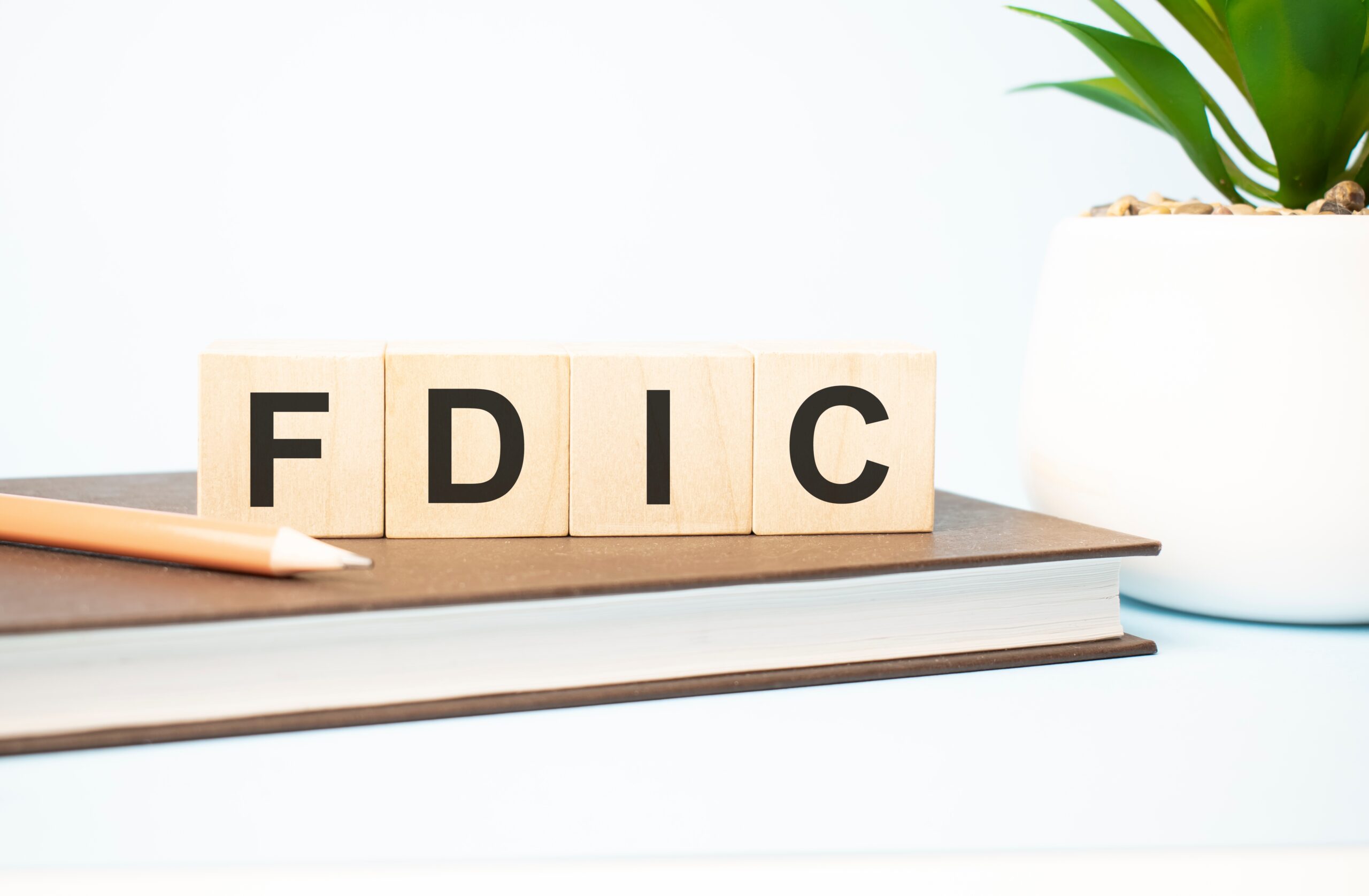On 8/14/23, the FDIC Risk Review 2023 was published. The FDIC Risk Review 2023 report summarizes conditions in the U.S. economy, financial markets, and banking industry. The report provides a comprehensive summary of key developments and risks in the U.S. banking system and includes a new section focused on crypto-asset risk. The report focuses on the effects of key risks on community banks in particular, as the FDIC is the primary federal regulator for the majority of community banks in the U.S. banking system. The FDIC continues to address risks, concerns, risk management and governance considerations related to misrepresentations and misconceptions about deposit insurance coverage in the context of crypto assets. Since 2022, the FDIC has taken action against more than 85 entities that were misrepresenting the nature, extent, or availability of deposit insurance in connection with crypto-assets.
Crypto assets are not legal tender and are NOT backed by the full faith and credit of the Government. Crypto asset accounts and value balances “offered by, through, or in connection with insured depository institutions (insured banks) are not covered by FDIC insurance or SIPIC (Securities Investor Protection Corporation) protection”. Crypto investors ought to realize that there is NO Regulatory Agency that oversees crypto – Investors are on their own! That said, insured banks ought to recognize that consumer confusion stemming from Crypto misrepresentation can lead to Corporate Governance threats that can result in legal, liquidity and capital risks.
The FDIC Risk Review 2023 highlights some of the key risks associated with crypto-assets and crypto-asset sector participants:
- risks related to fraud
- legal uncertainties
- misleading or inaccurate representations and disclosures
- risk management practices exhibiting a lack of maturity and robustness and platform
- operational vulnerabilities
- possible contagion risk within the crypto-asset sector resulting from interconnections among certain crypto-asset participants may present concentration risks for banks with exposure to the crypto-asset sector
- susceptibility of stablecoins to run risk can create the potential for deposit outflows for banks that hold stablecoin reserves
Important to understand what is NOT covered by the FDIC
- FDIC deposit insurance does not apply to financial products such as stocks, bonds, money market mutual funds, other types of securities, commodities, or crypto assets.
- FDIC deposit insurance does not protect against losses due to theft or fraud, which are addressed by other laws.
- FDIC insurance does not protect against the default, insolvency, or bankruptcy of any non-bank entity, including crypto custodians, exchanges, brokers, wallet providers, and neobanks.
The FDIC Risk Review 2023 alerts banking organizations to:
- ensure that crypto-asset-related activities can be performed in a safe and sound manner and are legally permissible
- comply with applicable laws and regulations, including those designed to protect consumers (such as fair lending laws and prohibitions against unfair, deceptive, or abusive acts or practices)
- recognize that certain sources of funding from crypto-asset-related entities may pose heightened liquidity risks to banking organizations due to the unpredictability of the scale and timing of deposit inflows and outflows
The FDIC, in coordination with the other federal banking agencies, continues to closely monitor crypto asset related exposures of banking organizations.
How is your banking organization monitoring its crypto asset exposure?
Who is your Corporate Governance expert? ©


